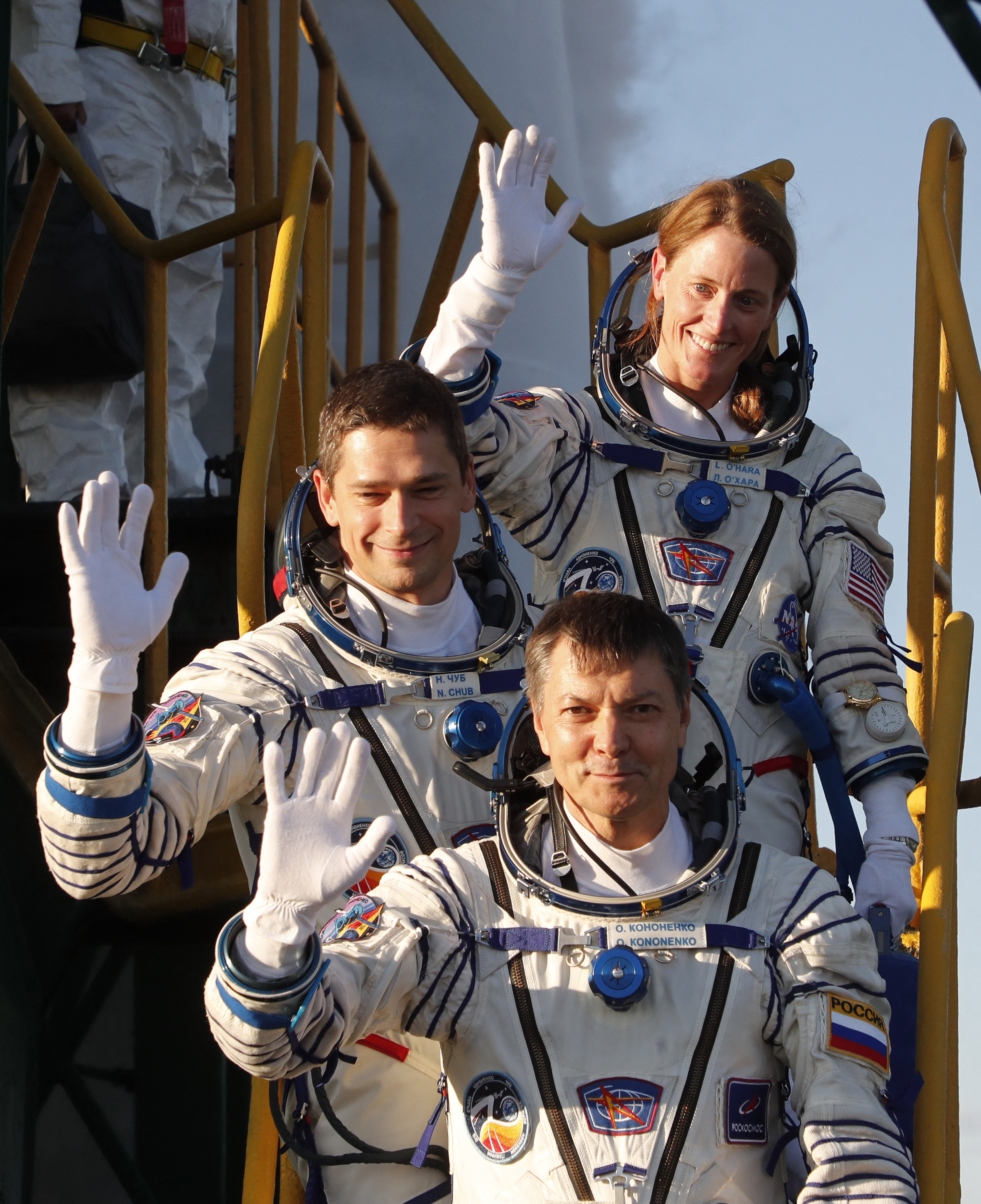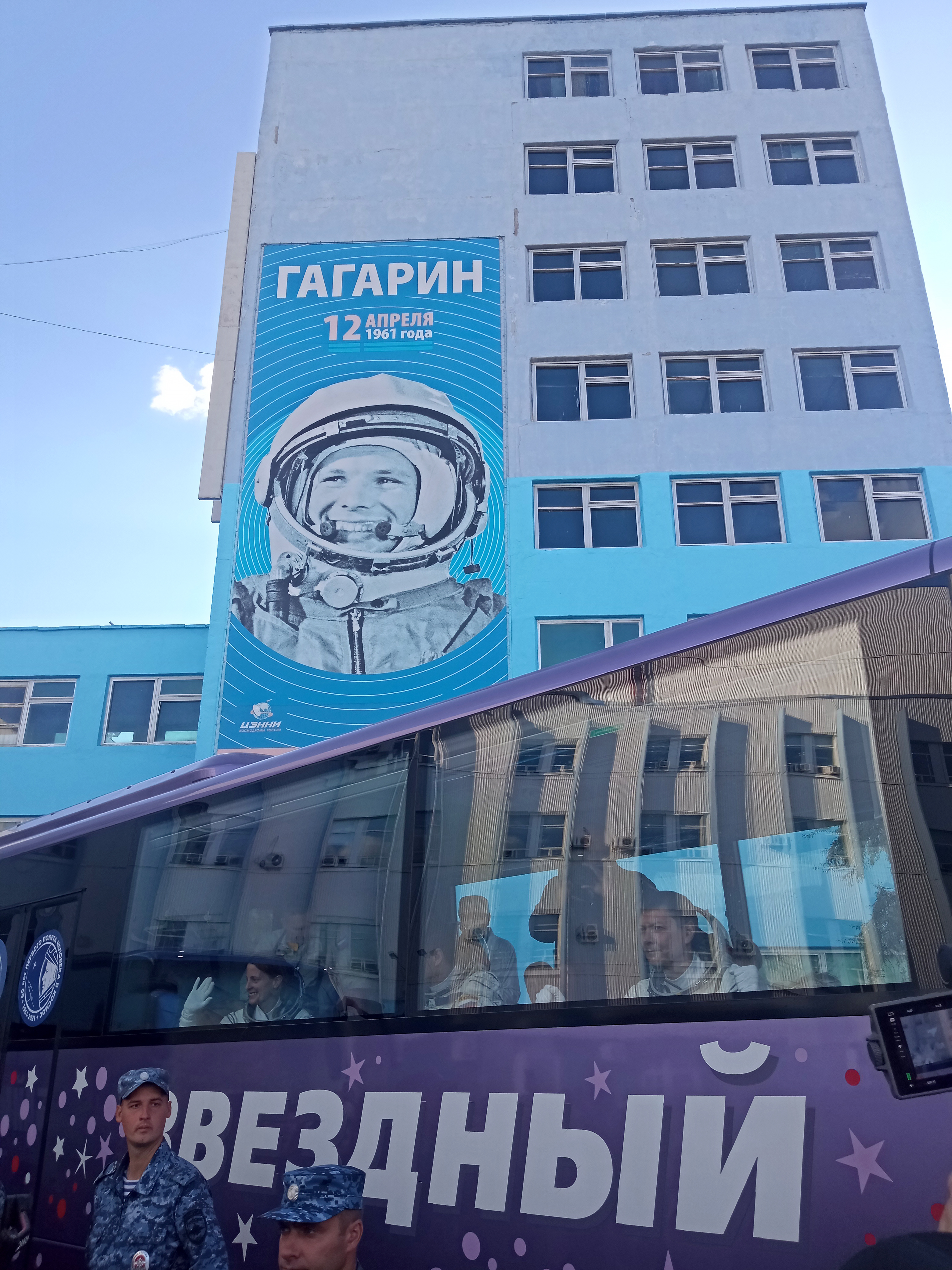
bottom) (Photo: AFP/Maxim Shipenkov)
The city and the airport should not exist, given the conditions. As far as the eye can see, and well beyond, there is nothing but desert. No one could live here, nor has anyone ever lived here. Baikonur is built on land where there is no water, no vegetation and the soil is so badly corroded that the pipes carrying gas and water are forced to run above ground. Yet the settlement exists, home to some 75,000 people, of whom some 15,000 are Russian citizens. No one in the town owns their own home, they are all renters, as local rules are strict. Baikonur is a closed city, with checkpoints at the gates where the Russian authorities ask for the necessary permits. Currently, the city is bound to Russia until 2050 by a lease agreement signed by Astana and Moscow, and it is not known how long the joint work will continue. Indeed, Baikonur is very old, the technology is expensive as is space exploration in general, and after the collapse of the Soviet Union it found itself in the middle of another state's territory, even though the space programme is still Russian, not Kazakh. But it is ideally located. To launch rockets, it needs a vast empty area without settlements to prevent accidents, and proximity to the equator to reach space more economically. Russia is already building the Vostochny Cosmodrome spaceport on the Amur river, which is located on Russian soil at a relatively good latitude. But it's not Baikonur, it lacks mature technology and is very, very far from Moscow. Moreover, the entire Russian space programme is linked to Baikonur, and astronauts regard it as a kind of home.

The city is a typical seventies settlement, with a row of prefabricated houses along wide roads, and a few older quarters from the mid-fifties to remind us of its heroic past. The firewalls of the panels are adorned with stylised images of space rockets: Angara, Burya, Vostok, Sputnik, Energia. The streets are named after great heroes, such as Gherman Titov, Valentina Tereshkova or the father of rocket science, Sergei Korolev, who even has a statue. But locals say that, despite the special purpose-built city, people live here as they do elsewhere, going to school, working, and young people gathering in a café called Cosmodrome. Of course, everyone knows how serious space exploration is. Even in the current situation, which is totally politically unstable, Russia and the United States are capable of working closely together to send people to the International Space Station. And the relationship between Russian and American astronauts is not essentially friendly, but fraternal. Because everyone knows that the conquest of space is more than just human.
The author is a foreign policy journalist